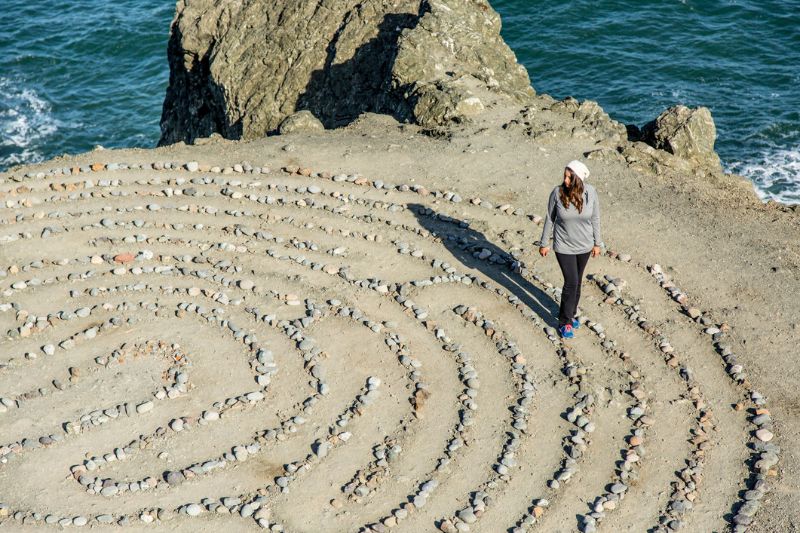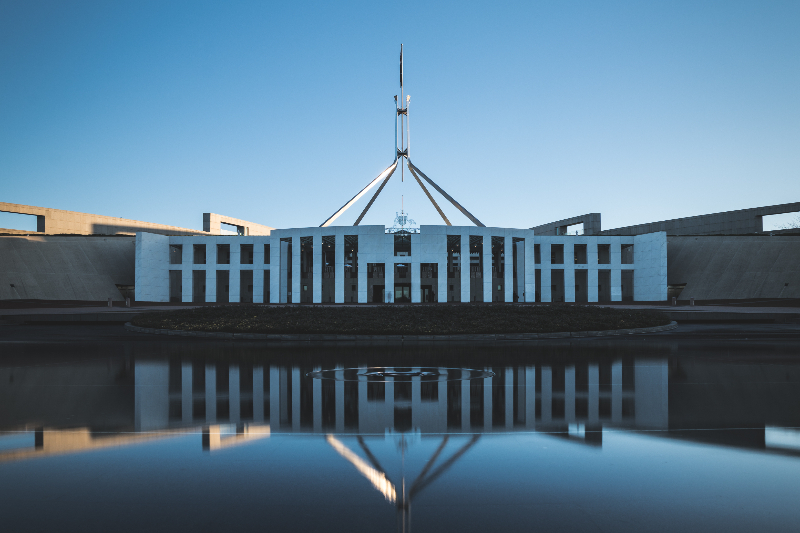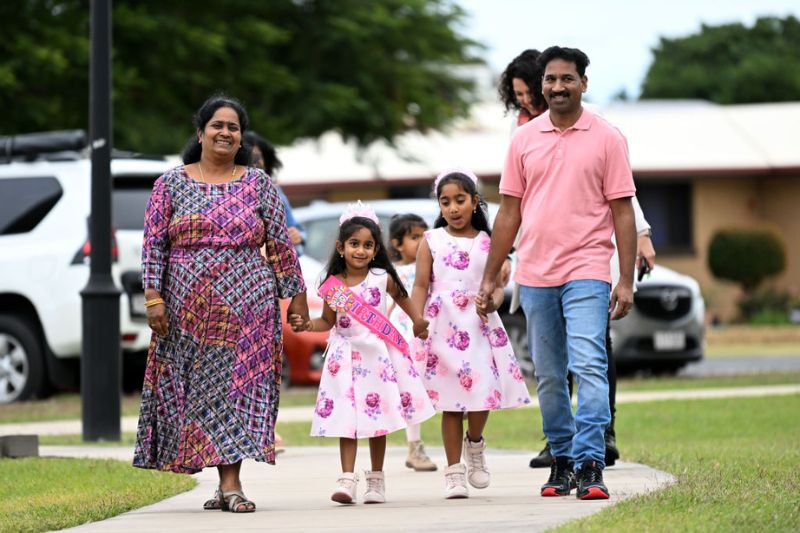Keywords: Social Security
-

ECONOMICS
- David James
- 03 April 2023
As the collapse of Silicon Valley Bank, Signature Bank, and Credit Suisse poses a renewed threat to the global financial system, the question arises: how can we manage out-of-control debt? With global debt exceeding 230 per cent of GDP, could nationalising banks be the solution to the ongoing crisis, or will the debt merry-go-round continue to spin out of control?
READ MORE
-

INTERNATIONAL
- Andrew Hamilton
- 30 March 2023
4 Comments
The decision by Australia to buy nuclear submarines from the United States and Great Britain inevitably prioritize security over justice, equality, and fraternity. As the world faces the threat of catastrophic global warming, it is time to ask whether submarines are the answer, or whether they distract us from the far greater challenge posed by nature itself.
READ MORE
-

AUSTRALIA
- John Falzon
- 23 March 2023
11 Comments
As jobseeker payments are indexed for inflation, increased payments are still well below the minimum wage and age pension. With successive neoliberal governments dismantling social infrastructure, people living in poverty have little means of escape. Poverty is not a personal choice but a political one.
READ MORE
-

ARTS AND CULTURE
- Andrew Hamilton
- 24 February 2023
In Shadowline, Uwe's attempts to understand himself and his relationships through theoretical patterns are inevitably uneasy, but his diary entries reveal a man dedicated to personal growth and learning.
READ MORE 
-

AUSTRALIA
- Joe Zabar
- 14 February 2023
2 Comments
The Robodebt Scheme promised billions in savings, but became a $1.8 billion failure labeled as 'a shameful chapter in public administration' by the Federal Court. The government was forced to settle a class action and wipe the debts of 381,000 people. Beyond the human cost, these failures point to a welfare system due for an upgrade.
READ MORE
-

AUSTRALIA
- Joe Zabar
- 31 January 2023
1 Comment
A welcome development in the Albanese government's reform agenda is the newly established Economic Inclusion Advisory Committee to examine the obligation placed upon governments to provide employment. While the principle of a job guarantee is essential to any social security reform, so too is the attitude we hold towards those who access welfare.
READ MORE
-

ARTS AND CULTURE
- Gillian Bouras
- 18 January 2023
7 Comments
The ‘no religion’ question is complicated and interesting and connected with social change. We live in a much more complex world than previously. Even in my own childhood, it was accepted as a fact that most people were believers of varying degrees of conviction and form. Agnosticism and atheism were not matters for discussion.
READ MORE
-

AUSTRALIA
- Frank Brennan
- 12 January 2023
In recent days, if you were to listen to the media reports, you could be forgiven for thinking that religious educators want to retain a right to exclude children or teachers from their schools on the basis of their gender or sexual orientation. Nothing could be further from the truth. Or nothing should be further from the truth.
READ MORE
-

AUSTRALIA
- David Halliday, Michael McVeigh, Laura Kings, Michele Frankeni, Andrew Hamilton, Julian Butler
- 21 December 2022
2 Comments
To close the year for Eureka Street, the editorial team wanted to nominate who we considered to be the Eureka Street ‘person of the year’ based on who we think somehow embody Eureka Street values.
READ MORE 
-

AUSTRALIA
- Andrew Hamilton
- 21 December 2022
4 Comments
In 1939, King George VI gave an encouraging Christmas address, speaking after the Declaration of War on the Nazis. The future was uncertain, with no assurance of survival. In Australia we do not face the same immediate threat, but we do share the same uncertainty.
READ MORE 
-

ARTS AND CULTURE
- Gillian Bouras
- 25 November 2022
In August 1660, the English Parliament passed the Indemnity and Oblivion Act, targeting those involved in the trial and execution of Charles I. The death warrant for Charles I had been signed by 59 judges, and 31 of them were still alive in 1660. Those caught suffered a terrible death of being hanged, drawn and quartered. Pursuit of the guilty was unremitting. Act of Oblivion follows the careers of three regicides and Civil War veterans who fled to the British colonies in America.
READ MORE 
-

AUSTRALIA
- David Halliday, Peter Mares, John Falzon, Nicola Nemaric, Rae Dufty-Jones
- 18 November 2022
1 Comment
Despite rising interest rates and the recent dip in property values, Australia’s housing situation places it among the least affordable property market in the world. With a rise in homelessness and younger Australians locked out of an inflated housing market, what is the way forward for Australia?
READ MORE 